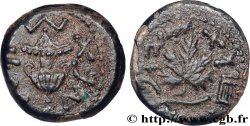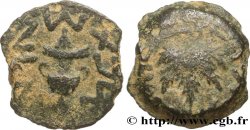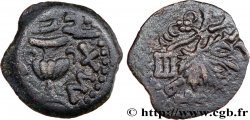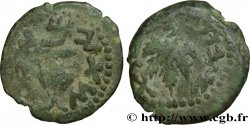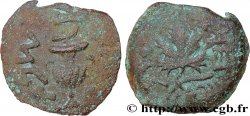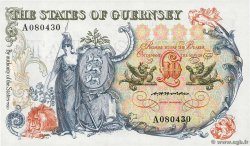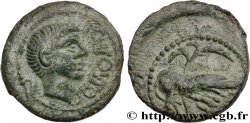E-auction 523-439061 - bgr_762260 - JUDAEA - FIRST REVOLT Prutah
You must signin and be an approved bidder to bid, LOGIN TO BID. Accounts are subject to approval and the approval process takes place within 48 hours. Do not wait until the day a sale closes to register. Clicking on « bid » constitutes acceptance of the terms of use of cgb.fr private e-auctions.
Bids must be placed in whole Euro amounts only. The sale will start closing at the time stated on the item description; any bids received at the site after the closing time will not be executed. Transmission times may vary and bids could be rejected if you wait until the last second. For further information ckeck the E-auctions F.A.Q.
NO BUYER'S FEE.
NO BUYER'S FEE.
| Estimate : | 100 € |
| Price : | 41 € |
| Maximum bid : | 41 € |
| End of the sale : | 24 April 2023 14:01:20 |
| bidders : | 4 bidders |
Type : Prutah
Date: an 2
Mint name / Town : Jérusalem, Judée
Metal : copper
Diameter : 18 mm
Orientation dies : 6 h.
Weight : 2,33 g.
Rarity : R1
Coments on the condition:
Exemplaire sur un flan centré à l’usure régulière. Patine marron foncé et sable
Obverse
Obverse legend : INSCRIPTION HÉBRAÏQUE (JÉRUSALEM LA SAINTE, AN 2).
Obverse description : Vase ou aiguière (objet du culte).
Reverse
Reverse legend : INSCRIPTION HÉBRAÏQUE (ISRAËL) .
Reverse description : Feuille et branche de vigne, rappel de la fertilité de la Judée (symbole souvent représenté, en dehors même des monnaies, depuis les temps les plus reculés de la Bible).
Reverse translation : (délivrance de Sion - c'est à dire Judée délivrée des Romains).







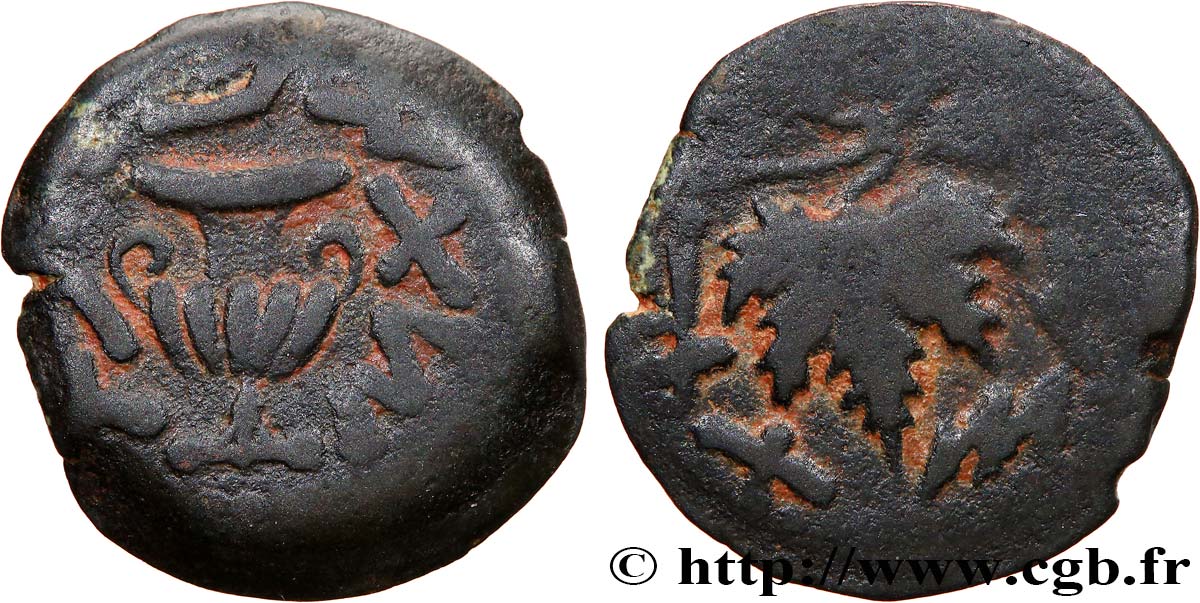
 Report a mistake
Report a mistake Print the page
Print the page Share my selection
Share my selection Ask a question
Ask a question Consign / sell
Consign / sell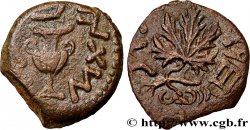
 Full data
Full data